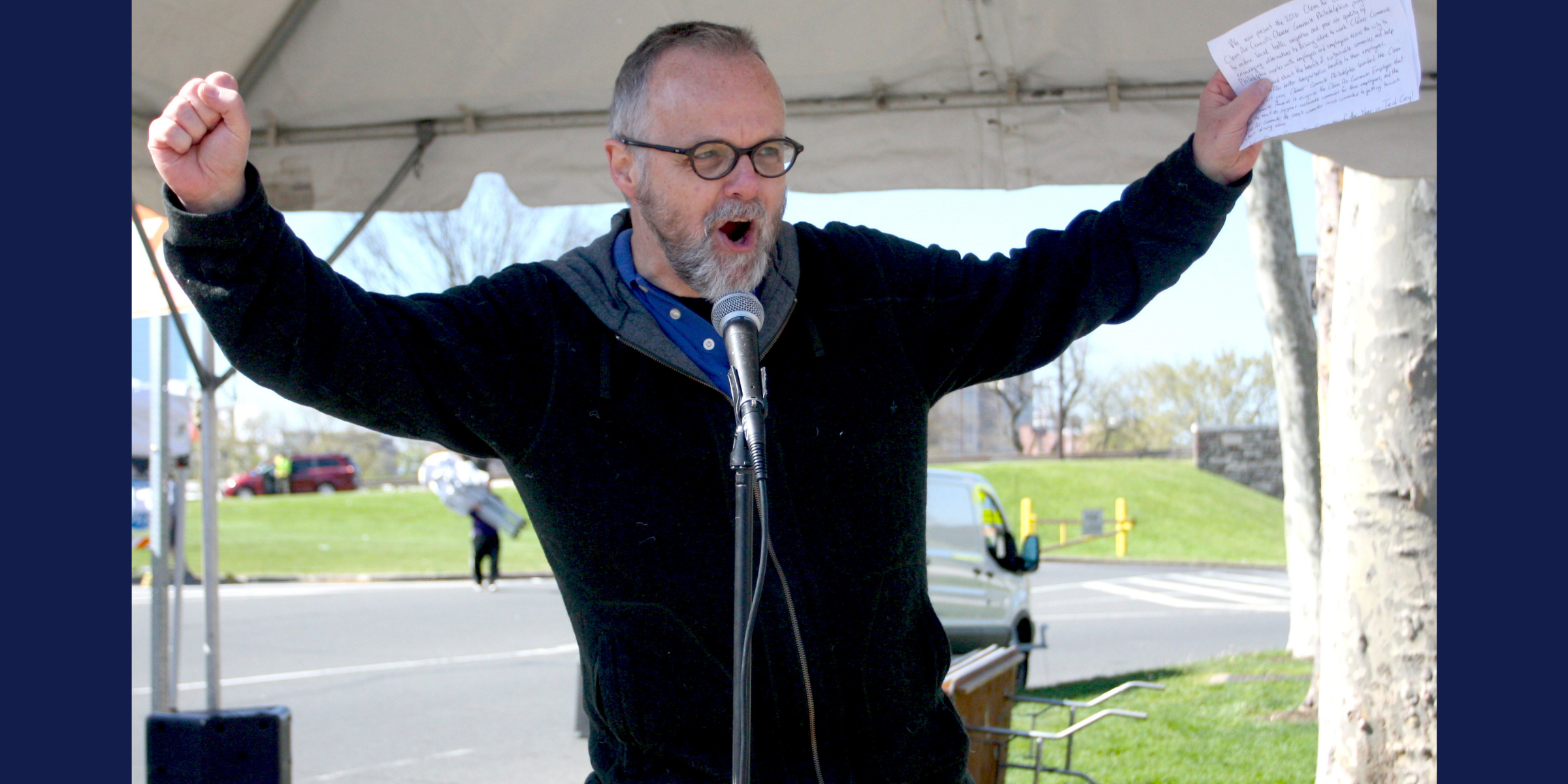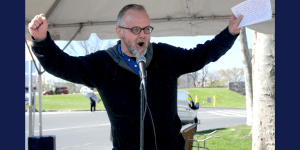
This summer the Clean Air Council is celebrating Executive Director and Chief Counsel, Joseph Minott’s 40 years of leading the Clean Air Council! It is rare to have such strong and stable leadership like what Joe has provided for almost his entire career.
Joe is a sought after environmental voice and leader across the state and the region. He has spent his career championing environmental issues like clean air and water, advocating for a transition away from fossil fuels, and promoting clean energy solutions such as energy efficiency, wind, solar and geothermal.
Being an environmental activist in a fossil fuel state is not for the faint of heart.
Joe started as a new Staff Attorney in 1982 and within 3 years, was appointed as Executive Director and Chief Counsel, and he still fills those roles today. Joe fought tirelessly to raise awareness on urban air pollution in the1980’s by establishing and distributing a daily regional air quality index report that is still used today.
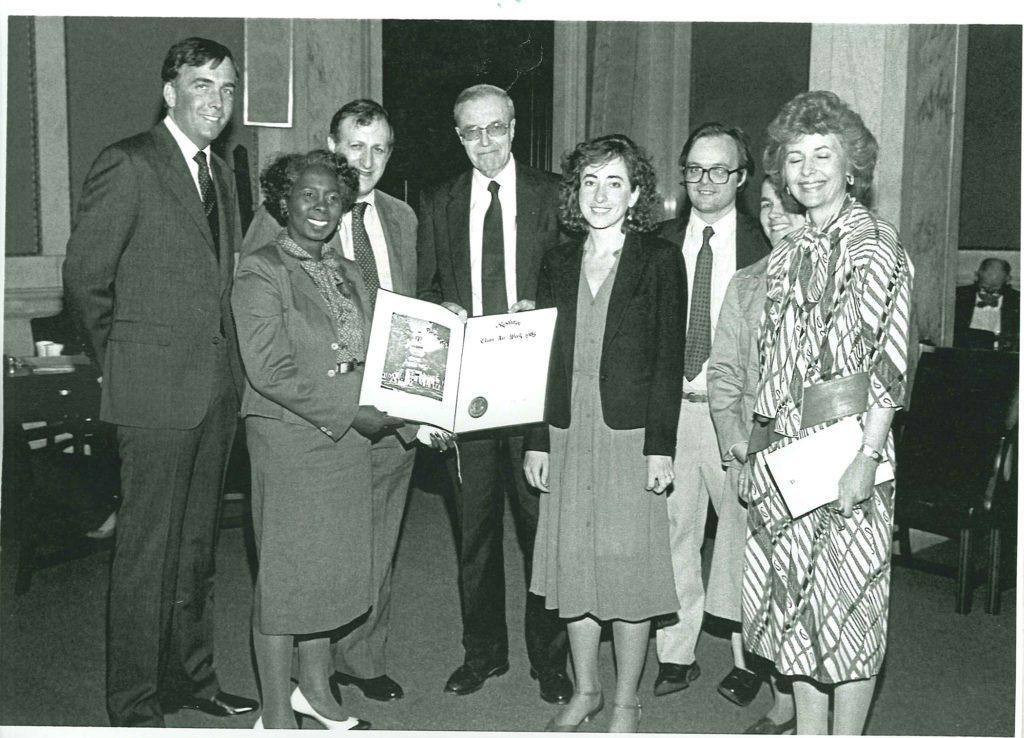
And in the early 2000’s when fracking was falsely seen as transitional energy, Joe purposely grew the legal team to oppose natural gas expansion. He also increased the Council’s community organizers to warn residents about the harms of the fracking industry. Joe hired engineers and public health educators on staff, successfully giving the Council more credibility with the public, and in the courtroom. Working for the Council, Joe and his legal team have sued the federal government, the state government, local governments, and the fossil fuel industry.
Joe has over 40 years of community organizing experience, and he served on the PA Department of Environmental Protection’s Air Quality Technical Advisory Committee and its Environmental Justice Advisory Committee, and the City of Philadelphia’s Air Pollution Control Board.
Under Joe’s leadership, the Council has grown considerably in depth and breadth, now enjoying a $3 million budget and a staff of over 30 environmental experts. Joe’s greatest accomplishments include the drafting of Philadelphia’s mandatory recycling law, forcing the Commonwealth to implement an automobile emissions inspection program, securing funding for, and helping to form, Community Energy, Inc., (a successful, local renewable energy company), and promoting the development of off-shore wind in the State of Delaware.
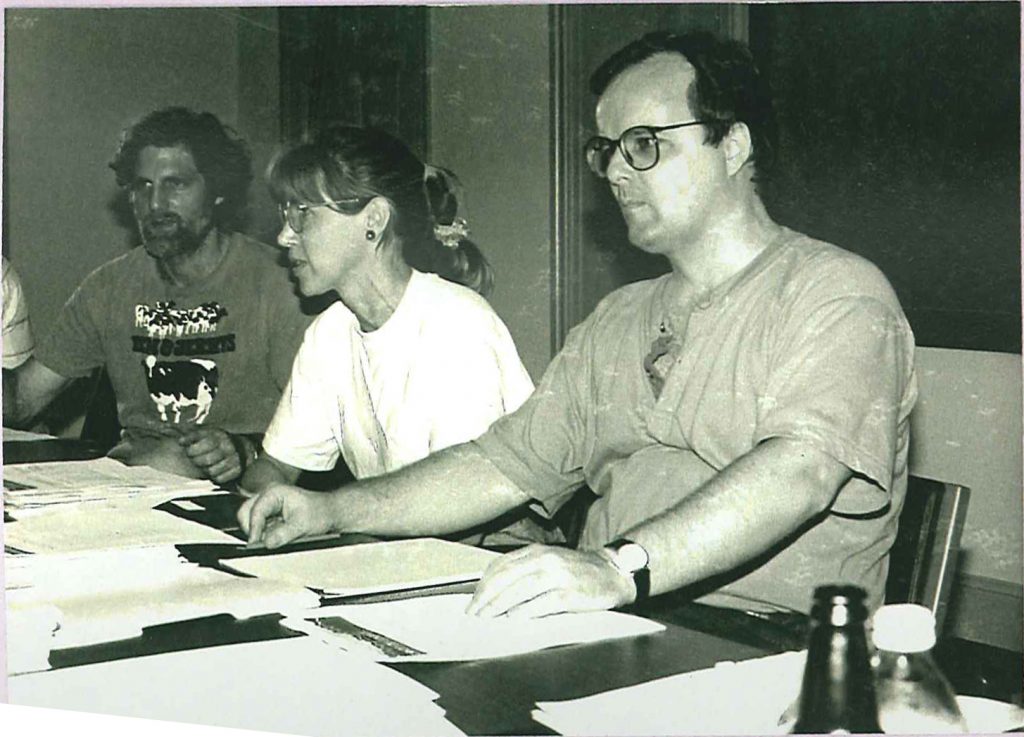
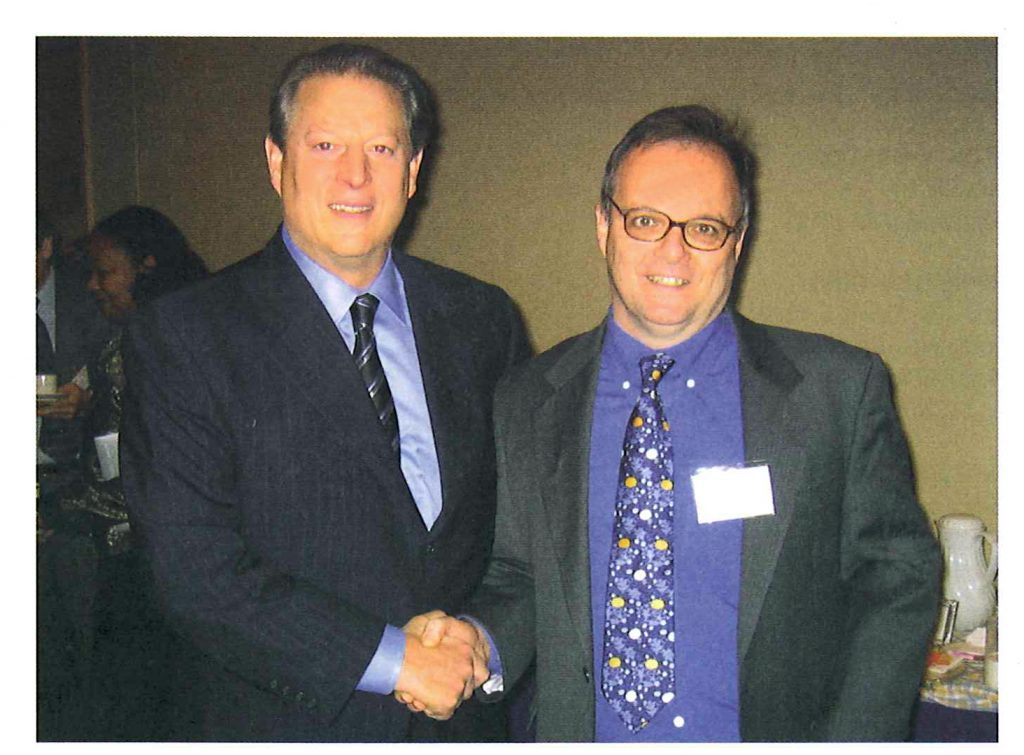
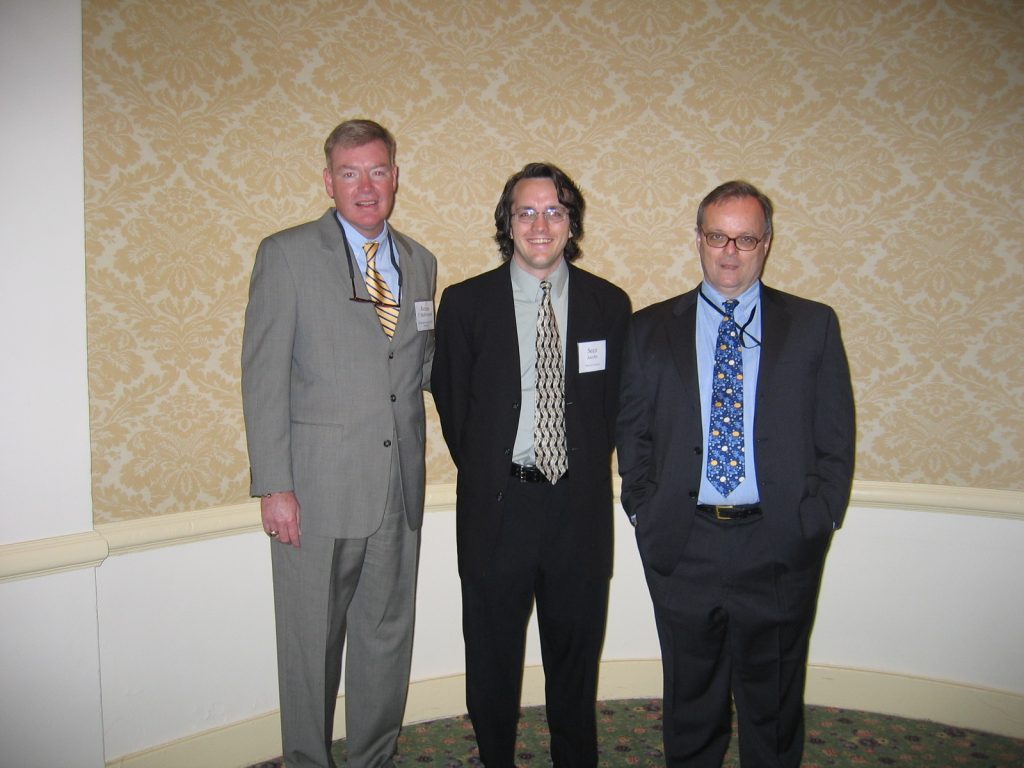
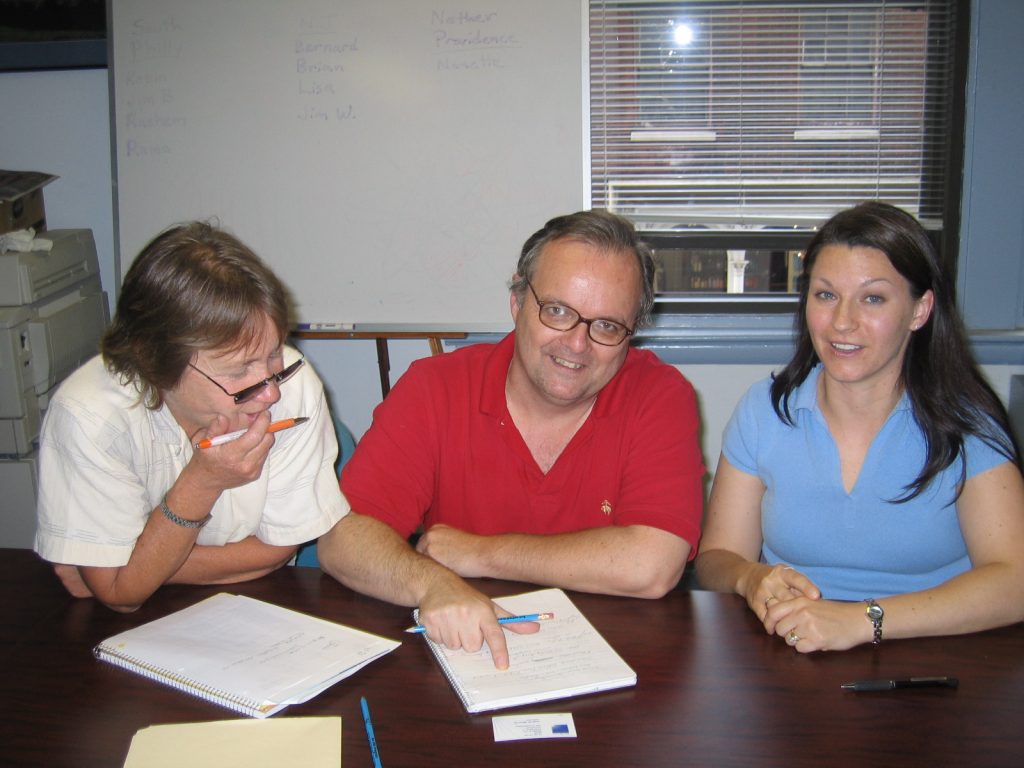
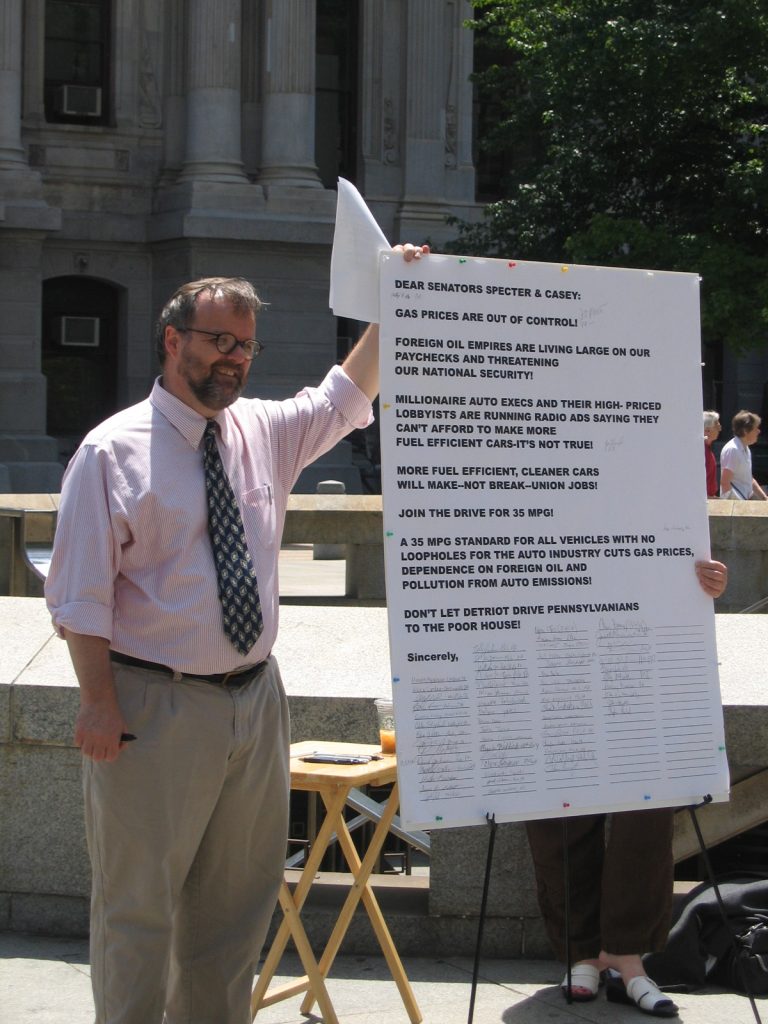
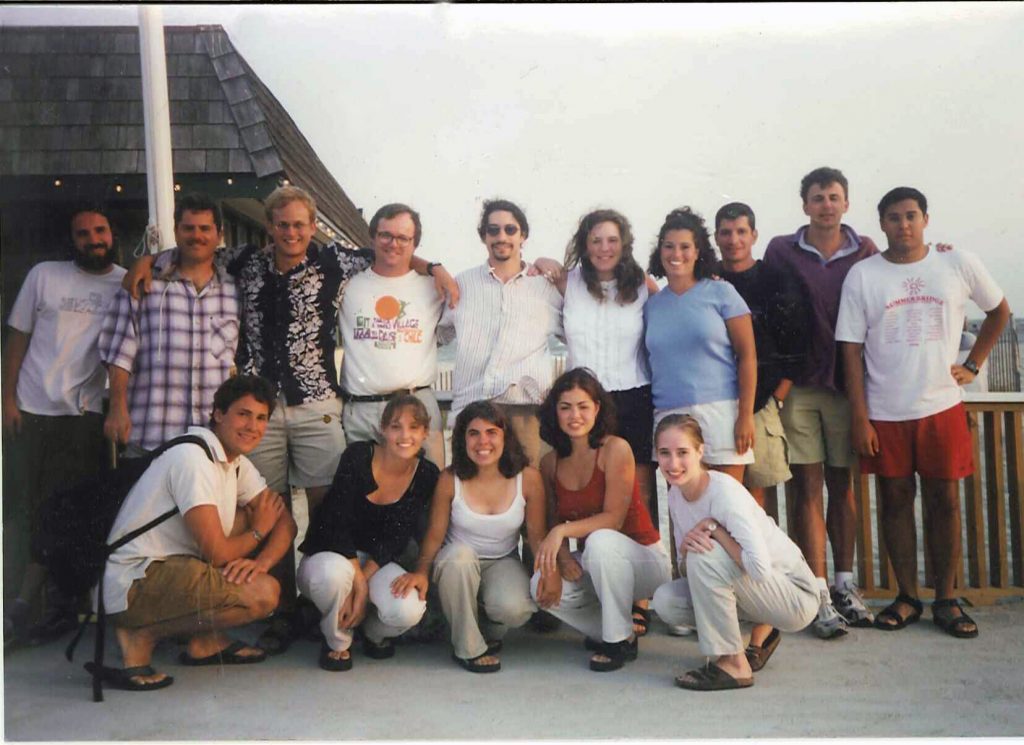
In 2020, amidst changes in state politics, Joe saw the need for more direct engagement in elections and politics in Pennsylvania, so he led the creation of the Council’s 501c4 sister agency called the Clean Air Action Fund – to help maximize environmental impact by allowing for greater activism directly with candidates and elected officials.
Today, Joe leads the Council in defending PA’s effort to join the Regional Greenhouse Gas Initiative (RGGI), a multi-state movement to lower emissions from the power plant sector. RGGI is a huge win for climate action, but the coal industry and politicians in Harrisburg have gone to court to block Pennsylvania from moving forward with RGGI. Part of Joe’s environmental legacy will be to make sure RGGI crosses the finish line, and that the resulting revenues are invested in clean energy.
Joe has decided that any donations will go toward hiring a Legal Fellow in 2023 to assist the legal team with ongoing litigation, like fighting Mariner East II pipeline, and other proposed natural gas projects such as the Shell Petrochemical Plant. The legal work is one avenue where the Council makes its greatest impact, and currently, there is no funding for the Legal Fellow position for 2023.
Make a gift to honor Joe’s 40 years of protecting the environment.
Your tax-deductible special gift will go a long way toward strengthening the Council’s legal team and ensuring the Council can hire a Legal Fellow for $60,000 in 2023.
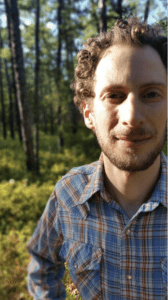
Interview with Alex Bomstein, Esq., Senior Litigation Attorney
- Where are you from and what’s your background?
I was born and spent the first year of my life in Philly, and then grew up just north of the city in Cheltenham Township. Philly’s my home, and I was excited to move back right after graduating law school
- How long have you been with the Council?
It’ll be seven years in January!
- What’s your expertise you bring to the Council? How do you use it to fight for a cleaner environment?
I’ve been playing some role in the work to defend the earth for most of my life, though I’m much more effective at it now than when I was planting trees in the high school courtyard. I earned my litigation chops doing commercial litigation at a big firm, but joining the Council and jumping into environmental law required climbing up a steep learning curve. Now, my job entails managing cases and filing briefs but also a lot more than that. I talk with our partners on the front lines about how the law affects them. I coordinate with our peer groups in our campaigns. I urge agencies to regulate better. I communicate to the public the importance of this work and try to render legalese in plain English. The Council is a small shop and we need to do a lot!
- What’s kept you motivated and invested all these years in environmental legal fights (esp. when legal battles are long-term, intensive, and emotionally draining)?
The hardest thing in public interest environmental law is staying in the game though the deck is stacked against you every time. I have had losses that absolutely drained the life out of me and made me question my career choices. A loss in this field means the loss of life–wildlife and human life–and the loss of irreplaceable places. But the bigger losses are those we are guaranteed to experience if we never try at all. Because I love life in all its forms, I can’t give up. In the last two weeks as I write this, we’ve just won an incredible string of victories that were years in the making. We just have to power through the bad times to make it to the good ones.
- What’s the biggest challenge to winning legal victories for the environment?
It’s that stacked deck I mentioned! We are fighting against the deeply ingrained assumption people have that if a big corporation with a lot of employees is making money on some business venture, it’s probably more or less fine, or at most needs some polishing around the edges. But we are in the midst of, and causing, the greatest climatic and ecological crisis humanity has seen. For judges to continue casually ignoring the environmental protection laws in favor of the laissez-faire status quo just doesn’t cut it anymore.
- What’s the most promising change(s) you’ve seen in court recently that shifts the environmental movements progress forward?
In the last few years, the Pennsylvania Supreme Court has started to take the Environmental Rights Amendment to the Pennsylvania Constitution seriously; that is, it has started to issue rulings interpreting the guarantees to clean air and pure water and to the preservation of our natural resources to mean just what they say rather than interpreting them to mean nothing. That may sound very basic and obvious, but it’s actually a huge shift. If every court and agency and forum simply interpreted our environmental laws the same way–as what they plainly say, rather than as nothing–it would be nothing short of revolutionary.
- What legal battles would you be thrilled to win? Why?
We have many plans, but the Council is my client and as a lawyer I need to keep its secrets!
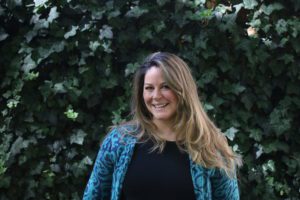
- Where are you from and what’s your background?
I grew up down at the shore in South Jersey. Growing up at the beach gave me a unique appreciation for nature and our environment. From an early age, I was involved in beach clean ups and even adopted a seal from the Marine Mammal Stranding Center in Brigantine, NJ. I was raised in a household where voting and taking action for causes you care about mattered. I was an environmental activist from a young age.
- What’s your role with the Council?
I’m the Communications Director. My role is exciting and allows me to play a part in all of the Council’s work. From social media, to press, to marketing
- How long have you been with the Council?
I started at the Council as a Development Intern in 2006. My current position as Communications Director truly encompasses all aspects of my responsibilities throughout the years and I’m excited to improve the way we communicate with the public. You may even see us on TikTok soon.
- What’s kept you motivated and invested all these years in the environmental movement?
The environmental movement is always growing and changing to become more effective. I’m constantly learning new tactics to be a better advocate and share our work with the public. This keeps me on my toes. With the climate crisis being the largest existential threat to our society, there has never been a more important or exciting time to be working in environmental advocacy. Communications strategies are always changing and I need to stay on top of them for the Council to remain effective.
- How can social media help advance climate solutions?
Social media is a critical tool for advocacy. It can be used to disseminate information, hold elected officials accountable, and organize communities. The Council has begun to provide “Social Media for Advocacy” training for the impacted communities that the Council works with. These trainings are one of the best parts of my job. I get to see people newly armed with communications tools to use to protect their health and environment.
- What’s the biggest challenge in communicating critical news the Council’s members or the public at large?
The news can seem like a lot of doom and gloom. It’s important for people to see positive stories to balance out all of the negativity. It’s always a challenge for us to stand out in people’s newsfeeds or inboxes. Again (shameless plug), that is why it is so important for people to follow the Council on social media and open our email newsletters so that they can see the good work and victories that we have accomplished. The Council also regularly shares very important ways for you to get involved with our organization and take actions to protect the environment.
Thanks Katie for everything you do for the Council!
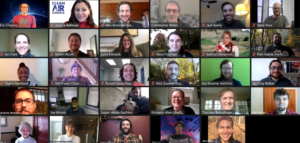
As the world marks a year since the declaration of the global pandemic, I have been reflecting on what this time has meant for the Council. When I made the decision to close the office in early March 2020, I could not imagine that the Council staff would be physically apart for so long. I really miss my work colleagues. I, like many, was not prepared for the sudden changes that needed to be made because of COVID, changes which have resulted in the most significant transformation of the Council’s office in my almost 40 years at the Council. Throughout the uncertainty and change, I have taken comfort and pride in watching our staff not just adapt, but shine. Despite the challenges, the staff has come together, and with their help and support, we met the moment and transitioned to remote working remarkably smoothly.
Over the past year, work hours quickly had to become more flexible. We have all had to adapt to working with a physically distanced workforce, and managers have had to adjust to leading their teams remotely, the closing of schools and daycares has presented a new level of challenge for staff with children. The list goes on and is all too familiar to many of you… For the first time, I hired new employees without meeting them in person. I worried how the staff could handle the stress of a pandemic when government leaders could not be trusted to tell the public the truth, in addition to social unrest and political turmoil. Finally, I worried about how the isolation of COVID was impacting staff members.
My initial assumption was that such a rapid and dramatic disruption would slow down the Council’s work and make us less effective at doing the critical work we are involved in. As an organization, the Council is very public facing–we do community organizing, educate elected officials, host large and small events, assist the public in commenting on and participating in hearings for proposed permits and policies, and litigate flagrant violations of laws intended to protect public health and local ecosystems. Any of these important areas of work could have been jeopardized by the changes.
I need not have worried. Despite personal challenges they faced and the state of the world, collectively, the staff did not miss a beat. Within a few days the Council administrators had set up a system for the staff to meet virtually.
Community organizers quickly found a workaround for not being able to meet community members in person. They continued their important environmental justice work. The Council’s attorneys never slowed down the work they do in holding elected officials and government agencies accountable. Our events and gatherings of all sizes, from pedestrian walk audits, to our decades-strong 5K run were reimagined.
I am so proud of the Council staff for rising to the occasion. I know the past year has not been easy for them or anyone, but they still managed to adapt quickly to this new reality and continue to do stellar work.
Joseph Minott, Executive Director & Chief Counsel

Transportation Outreach Coordinator for Clean Air Council
I am Titania Markland, born and raised in Jamaica. Protecting the environment and native species within has always been near and dear to my heart. Growing up in Jamaica we experienced tropical storms and hurricanes on a regular basis. Humans contribute a tremendous amount to the changing climate resulting in more natural disasters. We could argue we are the reason for more superstorms and hurricanes; a memory that stays with me is when my family and friends experienced severe flooding, not only because of the storm but also due to blocked drains (clogged with plastics and other human debris).
During high school in Jamaica, I competed in track and field and earned a scholarship to the University of Minnesota. In college, I competed in Division 1 track and field while studying Environmental Science and Policy Management. After undergrad, I completed my Master’s Degree in Land and Atmospheric Science.
After graduating and moving to Philadelphia, I was determined to find a job and company culture where my colleagues shared my passion for environmental protection. After a few months I found the Clean Air Council, where I was given the opportunity to volunteer with the Council staff. Everyone was passionate about protecting the environment, atmosphere, and public health.
During the beginning of the pandemic, a position opened at the Council and I applied. I was excited to receive an email in early August 2020 stating that I was selected for the position. I’m currently on staff as a Transportation Outreach Coordinator, where I get to work directly with residents of Philadelphia to find alternative ways to commute throughout the city with the big aim of reducing transportation greenhouse gas emissions in the city.
We all have a role to play in protecting the environment. I enjoy working at the Council and learning of the different ways my colleagues are making an impact in different neighborhoods in Pennsylvania.
